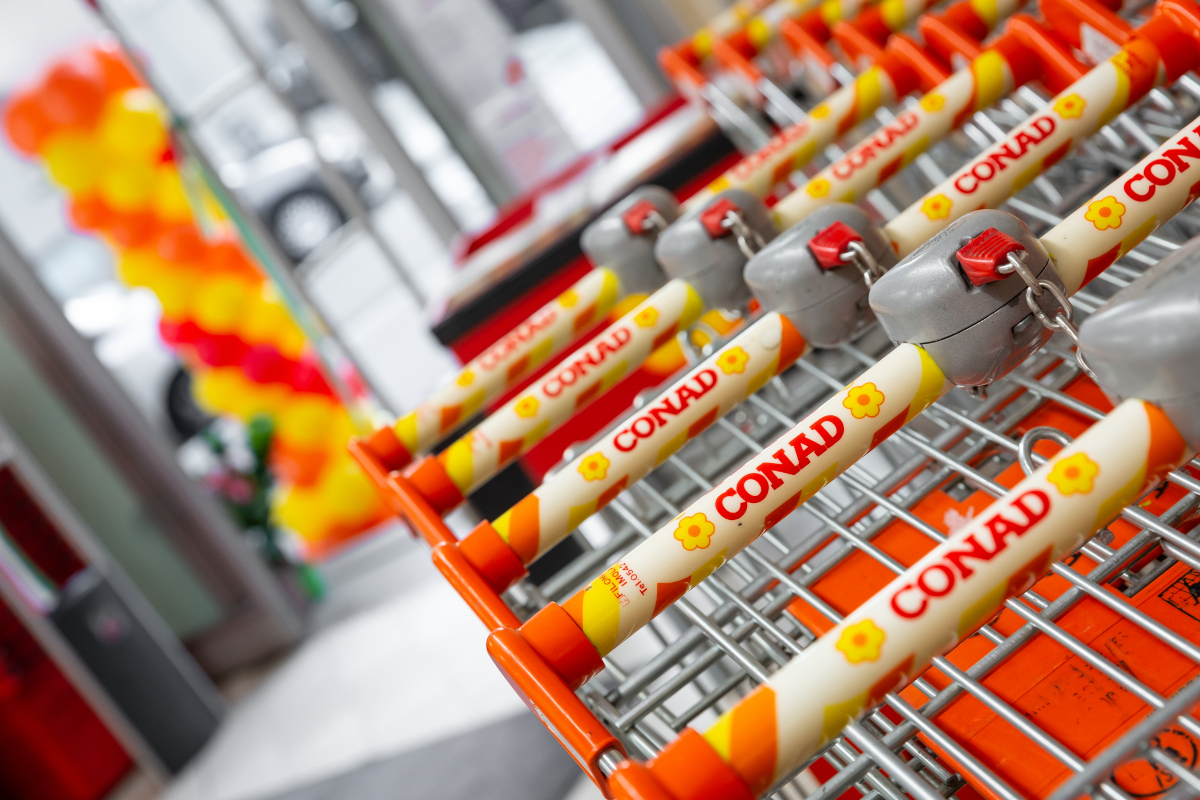
Conad, Italy’s largest organized retail group, has unveiled a €2.2B investment plan for 2025–27 after outperforming the broader market in 2024, driven in part by strong demand for its private-label products.
The group closed 2024 with €20.9B in revenue, a 4.5 per cent increase on the previous year, raising its national market share to 14.86 per cent across hypermarkets, supermarkets, and discount stores, according to NielsenIQ. Private-label lines accounted for 33.3 per cent of total sales and generated €6.3bn in turnover, up 5 per cent year-on-year. Conad’s consolidated equity rose 7.7 per cent to €3.76bn.
“Conad remains the leading player in Italian grocery retail, with all of our cooperatives growing ahead of the market in what has been a particularly challenging year for the economy and consumption,” said Mauro Lusetti, president of Conad. “Now we’re focused on the future — with a unified governance structure and a significant investment plan to make our system more innovative and efficient.”
CONAD LONG-TERM EXPANSION STRATEGY
The €2.2bn investment package will focus on logistics upgrades, store renovations, and network expansion. All five of Conad’s regional cooperatives — PAC2000A, Conad Nord Ovest, CIA-Commercianti Indipendenti Associati, Conad Centro Nord, and Conad Adriatico — are expected to participate.
“It’s an ambitious plan for competing in an increasingly volatile and structurally low-growth market,” said Matteo Capelli, CFO of Conad.
SUSTAINED MARKET LEADERSHIP
General manager Francesco Avanzini pointed to a €2.4bn increase in revenues over the past three years — from €18.5bn in 2022 to €20.9bn in 2024 — as evidence of the group’s consistent trajectory. “Conad is the market leader in seven regions and boasts the most recognised brand in the sector,” he said. “These results reflect a customer base that remains highly value-conscious but also increasingly attentive to quality.”
With 3,315 stores and 425 concept outlets, Conad claims the widest growth potential in a market defined by slow expansion and shifting consumer expectations.
FOCUS ON RESILIENCE AND ESG
The group’s strategic priorities over the next three years include reinforcing its core retail operations, modernizing the supply chain, investing in digital transformation, and strengthening internal capabilities.
A central pillar of the plan will be aligning operations with ESG goals across the value chain, with a focus on long-term sustainability and responsible growth.
